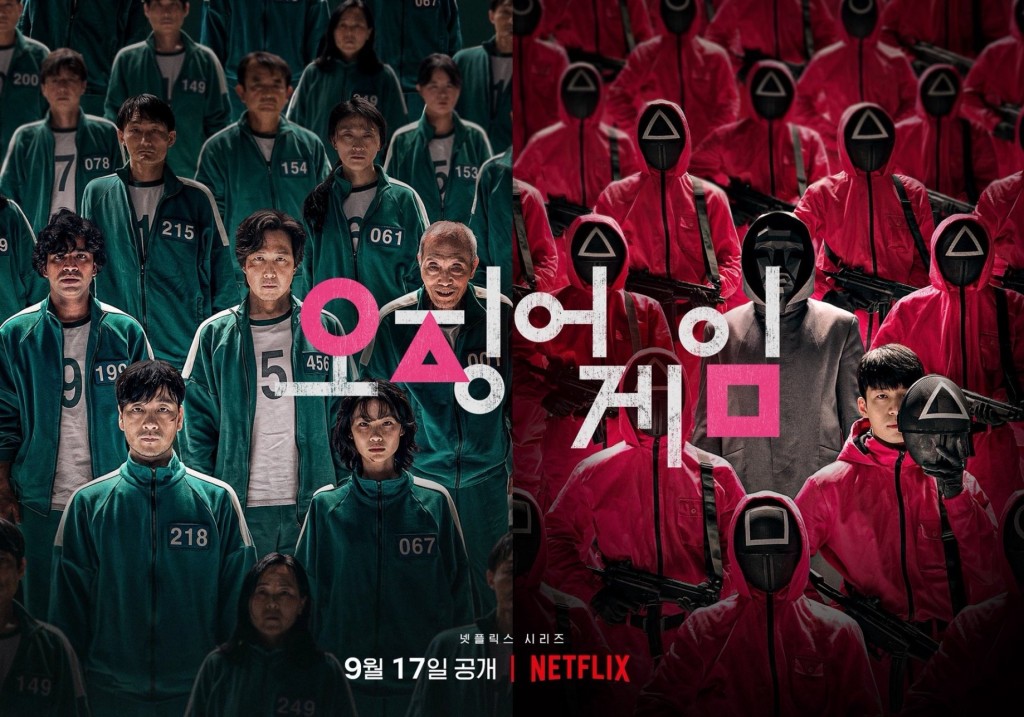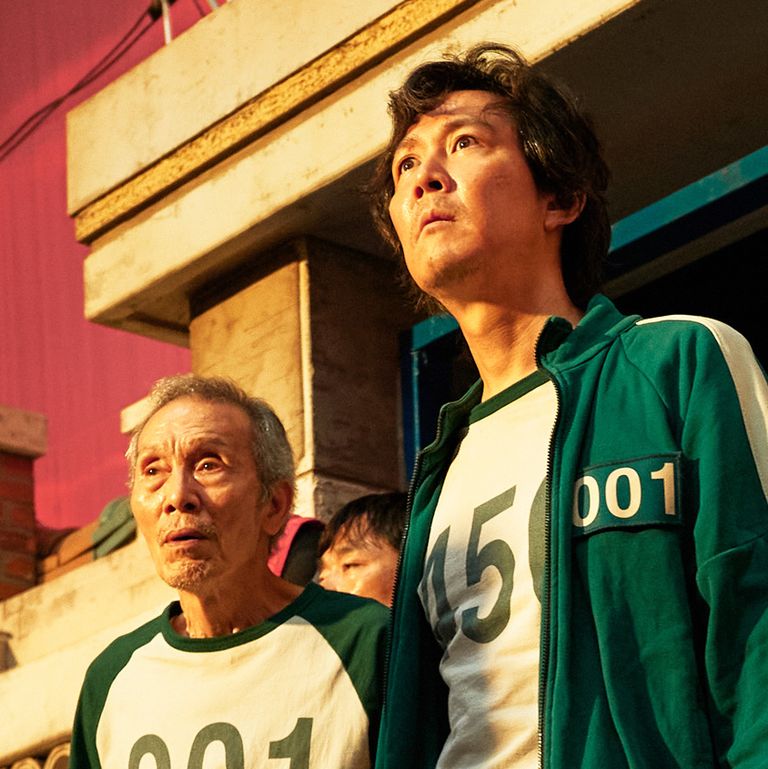Banality of Heroism in Squid Game

Squid Game is a series that is set in capitalist dystopian society where income inequality is prevalent. The debt-stricken individuals, who are living a life like that in hell in the outside world, are summoned to play a series of deadly survival games based on Korean children’s games for a chance to be the only man standing and win a hefty amount which can cease their financial burden. Most of the players are those who are under huge debts, and some have even waived off their right to their organs to loan sharks. The themes like family and friendship, easy and quick money and its consequence, fickle nature of public, banality of heroism, complicity as well as stark contrast between simplicity of children’s games and complexity of life is well portrayed in this series.
The main protagonist of the series, Song Gi Hun, player no. 456 is a chauffer and gambling addict with huge debts and a broken family. Though the series show true human nature of raw greed, some players managed to show their kindness, compassion and empathy for one another even when it could cost their own life, reminding us of hope and humanity in a brutal world. The player no. 456 believes in humanity, and it is his ethical value, and this is made clear by his little acts of helping stray animals and people around him.

In the beginning of game 4, the players are told to make pairs of 2 people when the total no. of players were 39. Nobody knew what game they were to play, whether it would require strength or agility or a sharp mind. An atmosphere of uneasiness was created, and meticulous players were busy finding themselves a physically fit partner deserting the old man. The scene has deep and meticulous emotion. It soon became clear that no one wanted to partner with the old man (player no. 1 with dementia), who was left waiting for his impending death as he wouldn’t even have a chance to play the game and would be eliminated (get killed). When confronted with this reality, player no. 456, who could have partnered with a young physically active player, could not get himself to let the poor old man die like this. He immediately went back to the old man and asked him to be his partner knowing that it could affect his performance as the old man could prove to be a weak link of his team. This goes on to show how a hero resides in the ordinary. As heroism is a concern to help others knowing there is a personal risk involved, I believe that what player no. 456 did in this scene was indeed heroic.
All the players were in the same situation, with similar backgrounds but when the players came forward to help one another and showed compassion to strangers even in a game of survival where opponents are enemies by doing so, they challenged the notion that only advantaged people (rich and powerful etc.) can help the less advantaged ones. Therefore, proving that hero can be an ordinary person who has risen from ordinariness and does not necessarily possess superpowers but a heroic imagination. The concept of Banality of Heroism which states we all are heroes and rise when we are called upon by the circumstances or conditions, and what happens when we are confronted with those circumstances which call action and the types of imagination that stimulates is well showcased in the show.
Reference: Squid Game, episode no. 6, ‘Gganbu’ (date released: 17 September 2021)
